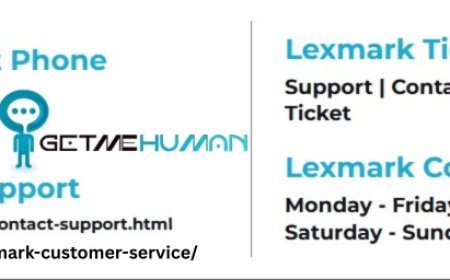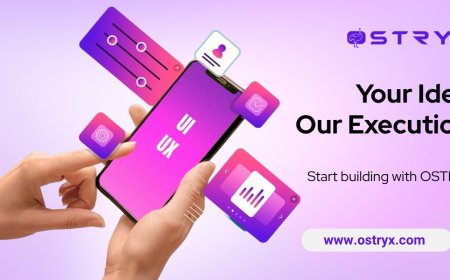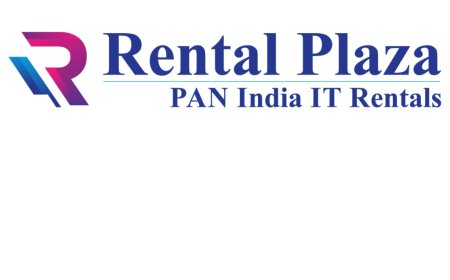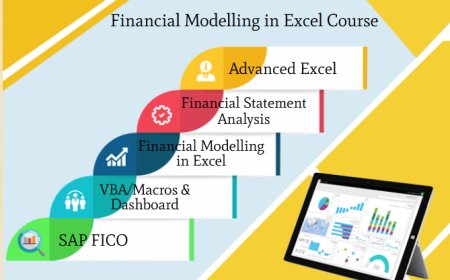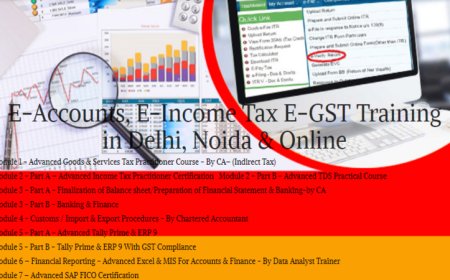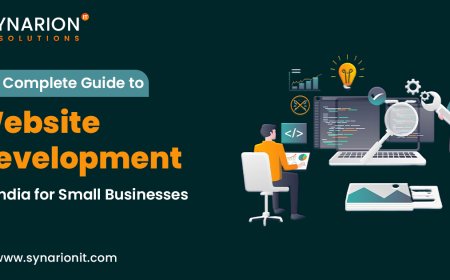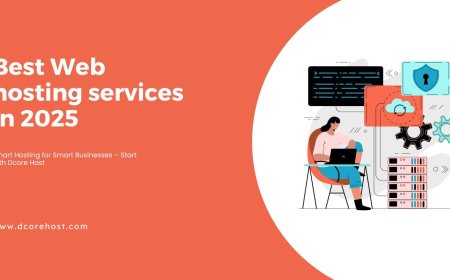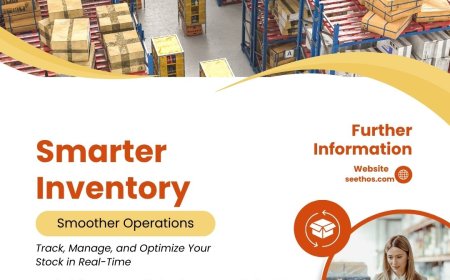ERP Systems UAE: Unlocking Business Power

Introduction: ERP as a Game-Changer
In the ever-evolving digital business landscape, organizations are constantly seeking ways to streamline operations, reduce inefficiencies, and improve decision-making. Thats where ERP (Enterprise Resource Planning) systems step in as powerful enablers of transformation. Especially in the UAE and Dubai, where business innovation is thriving, ERP systems are becoming essential tools for growth and scalability.
This comprehensive guide explores ERP systems in Dubai, the fundamentals of what an ERP system is, and provides ERP system examples for context. Whether you are a small business or a multinational enterprise, understanding ERP will empower your operations in meaningful ways.
What is an ERP System
An ERP system integrates core business processesfinance, HR, inventory, sales, procurement, and moreinto a unified software platform. Instead of running separate systems for each function, ERP centralizes data, making operations more efficient and information more accessible.
Key Functions of ERP:
-
Accounting and Financial Management
-
Human Resource Management
-
Supply Chain & Inventory
-
Sales and Customer Relationship Management (CRM)
-
Project and Task Management
-
Reporting and Analytics
Benefits of ERP Systems:
-
Real-time visibility into business operations
-
Better data accuracy and reporting
-
Enhanced collaboration across departments
-
Cost reduction through process automation
-
Regulatory compliance and audit readiness
Challenges Without ERP:
-
Data silos
-
Manual and error-prone processes
-
Inconsistent customer experiences
ERP System Examples
When choosing the right ERP system, it helps to know whats out there. Here are a few globally recognized ERP platforms that are popular in both SMEs and large enterprises:
1. SAP Business One
-
Ideal for small to mid-sized businesses
-
Modules: Finance, Sales, Purchasing, Inventory
-
Known for: Scalability and strong analytics
2. Oracle NetSuite
-
Cloud-based ERP for growing companies
-
Known for: CRM, eCommerce, and global business management
3. Microsoft Dynamics 365
-
Integrates well with other Microsoft tools
-
Known for: Flexibility and AI-based insights
4. Odoo
-
Open-source and modular
-
Known for: Affordability and community-driven enhancements
5. Zoho ERP
-
Great for startups and small businesses
-
Known for: Low cost and quick implementation
ERP System in Dubai
Dubai, a hub for global business and innovation, has seen exponential growth in ERP adoption. From logistics to hospitality, organizations in Dubai are rapidly digitizing their core operations using ERP platforms.
Industries Benefiting in Dubai:
-
Real Estate: Managing assets, contracts, and accounting
-
Retail: Handling POS, inventory, and CRM
-
Manufacturing: Streamlining production workflows
-
Healthcare: Integrating patient records, billing, and HR
Local Trends:
-
Shift towards cloud-based ERP
-
Demand for mobile-compatible ERP solutions
-
Integration with AI and IoT
Government Support:
Dubai's Smart Government initiative promotes ERP as part of its digital transformation strategy, especially among SMEs.
Local ERP Vendors:
-
Focus Softnet
-
PenielTech
-
WebCastle Technologies
ERP System in UAE
The UAE as a wholespanning Dubai, Abu Dhabi, Sharjah, and other emiratesis seeing widespread ERP implementation across various sectors.
Why ERP is Growing in UAE:
-
Diverse economic sectors
-
High level of tech adoption
-
Need for standardized processes
-
Regulatory compliance (like VAT tracking)
Key Use Cases:
-
Construction companies tracking labor and materials
-
Educational institutes managing students, staff, and fees
-
Financial firms handling complex accounting tasks
Popular ERP Types in UAE:
-
On-Premise ERP
-
Cloud ERP
-
Hybrid ERP (mix of both)
Localization Needs:
-
Multilingual support (Arabic + English)
-
Integration with UAE tax and compliance laws
Implementing ERP in Your Organization
Steps for Successful ERP Adoption:
-
Identify business requirements
-
Select the right vendor
-
Set a realistic timeline and budget
-
Train your employees
-
Monitor progress and improve continuously
Common Mistakes to Avoid:
-
Rushing the implementation
-
Not involving all stakeholders
-
Skipping employee training
ROI Considerations:
Although ERP systems can be expensive upfront, the long-term savings and efficiency gains usually outweigh initial costs.
Conclusion: ERP Is Your Digital Backbone
In a region like the UAE where innovation is non-negotiable, ERP systems provide businesses with the framework to grow, scale, and lead. Whether youre just starting or expanding, understanding what an ERP system is, exploring relevant ERP system examples, and leveraging local expertise in ERP system in Dubai or UAE can be the difference between surviving and thriving.
Choose the ERP path wisely, and let it be the backbone of your enterprise's future.
FAQs
1. What is the primary function of an ERP system?
To integrate various business functions like finance, HR, sales, and inventory into one centralized system.
2. Which ERP system is best for small businesses?
Odoo and Zoho ERP are highly suitable for small businesses due to affordability and flexibility.
3. Can ERP systems be customized?
Yes, most ERP platforms offer modular or customizable features tailored to specific business needs.
4. Is cloud-based ERP better than on-premise?
Cloud ERP offers flexibility, mobility, and scalability, while on-premise may offer better control and security for certain industries.
5. How long does ERP implementation take?
Depending on company size and complexity, implementation can take anywhere from 3 months to over a year.












